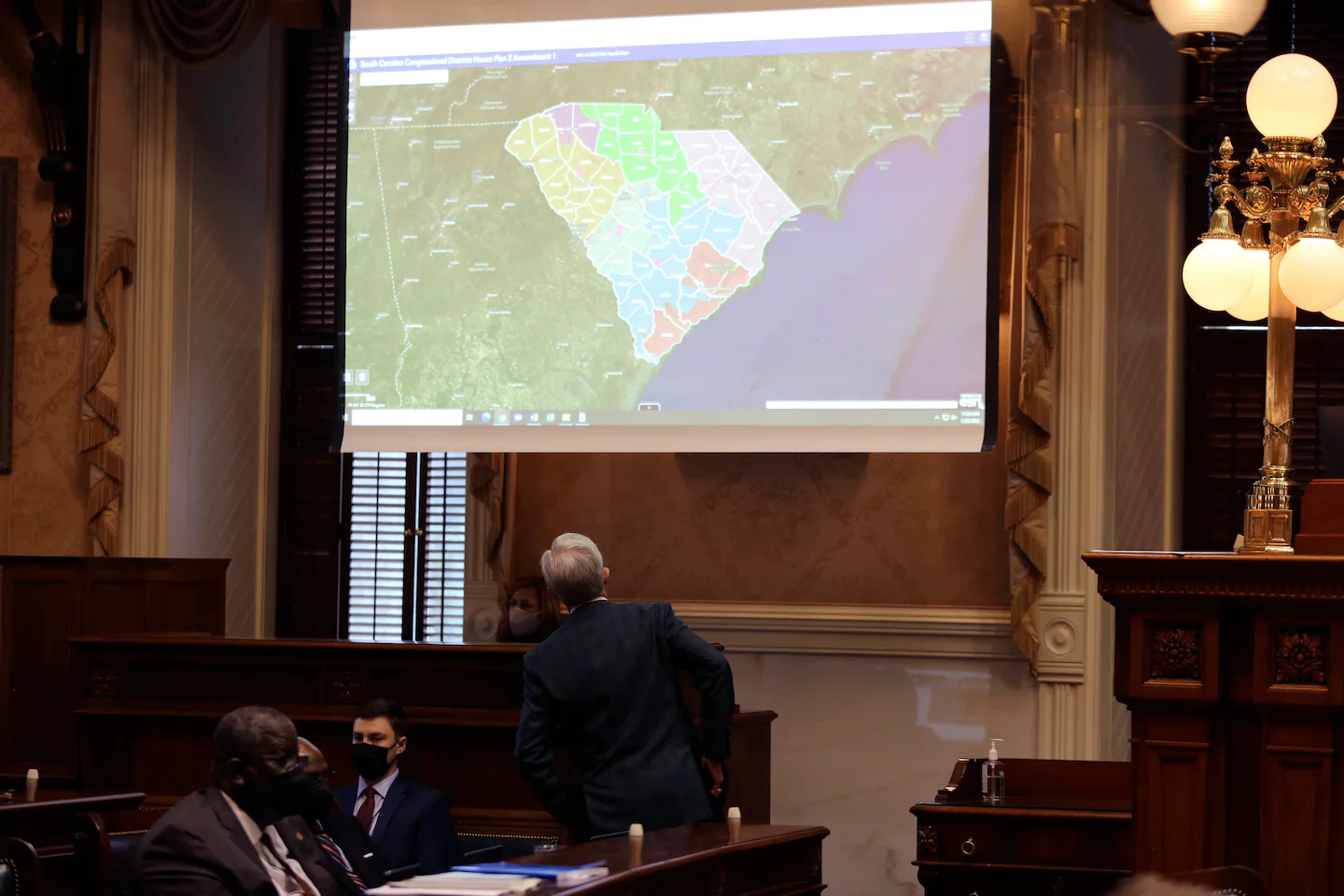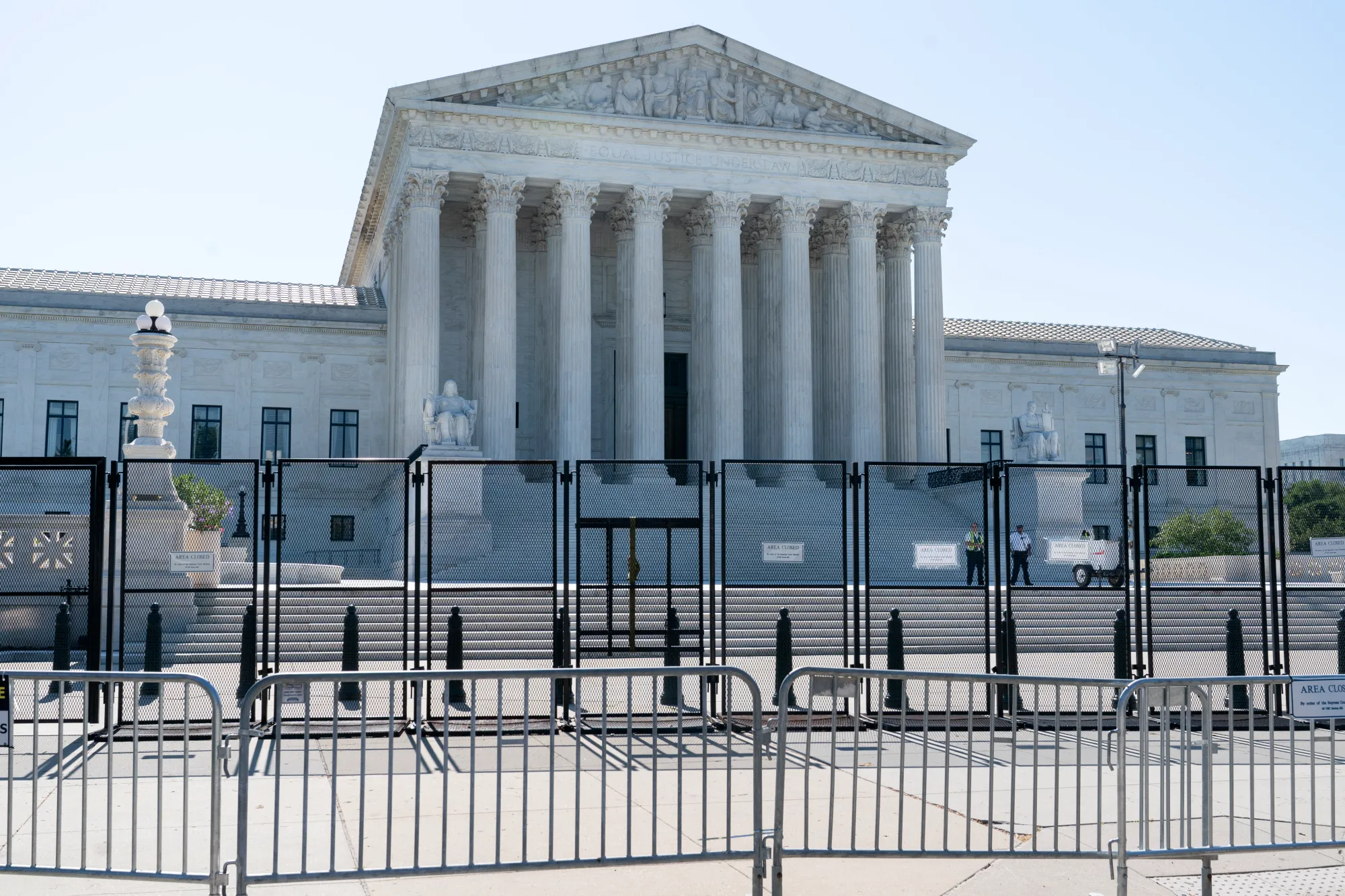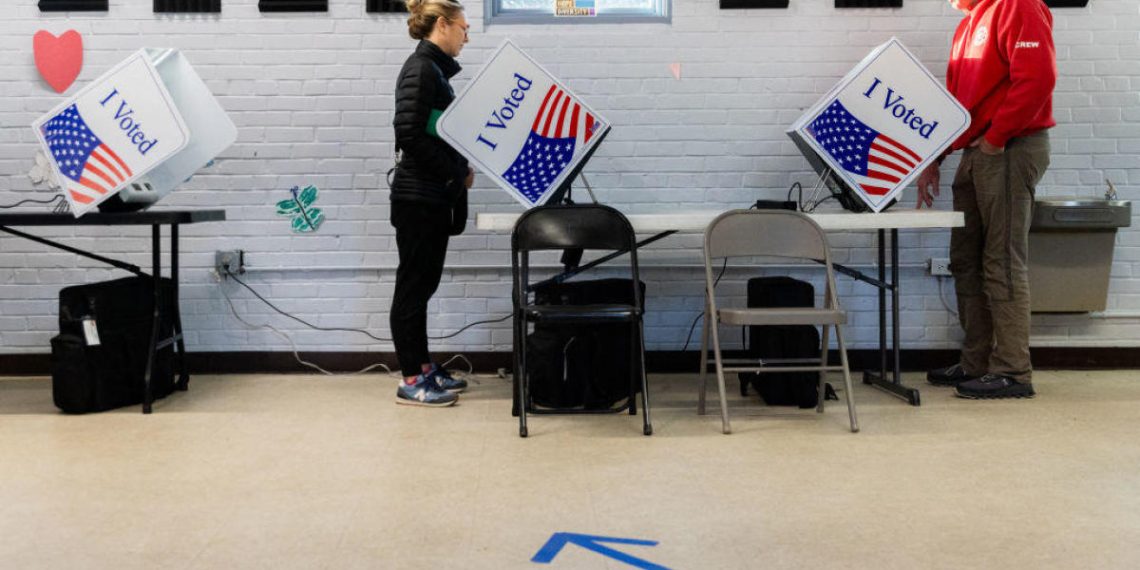A federal court reinstated a Republican-drawn electoral map in South Carolina despite previous findings of bias against Black voters.
The decision, made by a three-judge panel, has significant implications for the upcoming congressional elections, potentially favoring Republican chances of maintaining control of the U.S. House of Representatives.
Although the court acknowledged the unusual nature of its decision to reinstate a map previously found to violate Black voters’ constitutional rights, practical constraints and the approaching election timeline left little alternative.

The U.S. Supreme Court had yet to rule on an appeal by Republican state officials, despite hearing arguments in October the previous year. With primary election procedures nearing, and no remedial plan in place, the panel opted for practicality over idealism.
The primary election is slated for June 11, adding urgency to the situation. Leah Aden, senior counsel for the NAACP Legal Defense Fund, expressed disappointment with the outcome, labeling it as justice delayed for the affected Black voters.
The panel had previously ruled the map to be unconstitutional, as it sorted voters along racial lines and diminished the influence of Black voters, who typically support Democratic candidates.

Republicans, seeking to maintain their House majority, argued that the map was designed for partisan advantage, a stance not subject to federal court review according to a 2019 Supreme Court decision.
Despite criticism, the reinstatement of the map underscores the complexities of legal battles surrounding electoral boundaries and the challenges of ensuring fair representation in the electoral process.














